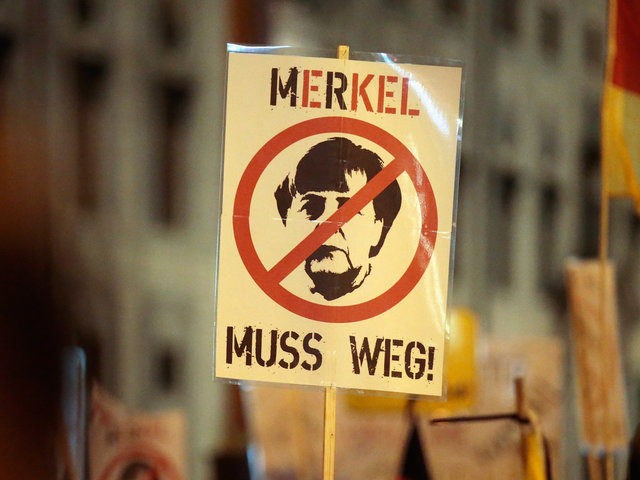Although one of President Bill Clinton’s last “accomplishments” on the cusp of leaving office 16 years ago was rallying the international community to establish “International Migrants Day,” Brexit and election of Donald Trump mark the beginning of a new nationalism.
There have always been relatively small influxes of illegal immigrants into Western nations due to wars, famine and strife. But it was policies implemented by Clinton to “normalize” illegal immigration for economic purposes that championed UN elites to establish the free movement of peoples as a human right 16 years ago.
When Clinton was inaugurated as President in January 1993, there were just 3 million illegal aliens in the United States. But despite granting of citizenship to a record 4.4 million aliens, there were 8.46 million illegal aliens when he left office in January 2001, a stunning 282 percent increase in just 8 years. Today, that number is only 34 percent higher, at 11.3 million, according to the non-partisan Pro-Con.org site.
In his 2004 book My Life, Clinton acknowledged that in bilateral discussions with the President of Mexico, he agreed there would be “no mass deportations” of migrants in the U.S. from Mexico and Central American nations, because they were sending large amounts of cash home to their families that provided smaller nations a source of income.
Since the Nationality Act of 1906, Congress had required that legal immigrants demonstrate literacy in English in order to gain U.S. citizenship. However,, President Clinton signed Executive Order 13166, which required federal agencies to ensure people could receive communications and services from the government in foreign languages.
According to George Friedman, clear military and economic distinctions between left and right eroded after the 1991 fall of communism. “Globalism” in economic policy became a common political norm, and parties were separated by social issues, like abortion and multi-culturalism. With globalist elites claiming that “if the Chinese had iPods, they would inevitably become like the West,” Friedman coined the period from 1991 to 2008, “the giddy springtime of the bourgeoisie.”
But this “spring” season ended with the 2008 financial crises. The highly integrated global banking system, designed to facilitate the free flow of capital and therefore international efficiency, facilitated the free flow of a multinational contagion that is still not contained.
Most Western citizens discovered that global interdependence and integration meant that individual nations lost control over their destinies to an impersonal system. The idea that nations were obsolete might be good for crony elites, since American bankers and Chinese bankers might live similar lives, but being American is very different from being Chinese. In this “new normal,” Westerners living at or below the median income found themselves in shattered communities with nowhere to economically immigrate to.
The U.N.’s celebrations on International Migrants Day today claim:
Throughout human history, migration has been a courageous expression of the individual’s will to overcome adversity and to live a better life. Today, globalization, together with advances in communications and transportation, has greatly increased the number of people who have the desire and the capacity to move to other places.
Just like the Republican and Democrat parties, which are in utter disarray in the U.S., the establishment parties in the European Union’s founding members of France, Germany, Netherlands and Italy are preparing to hold elections in 2017 while being eviscerated by insurgent anti-immigration nationalists demanding an end to globalization.

COMMENTS
Please let us know if you're having issues with commenting.